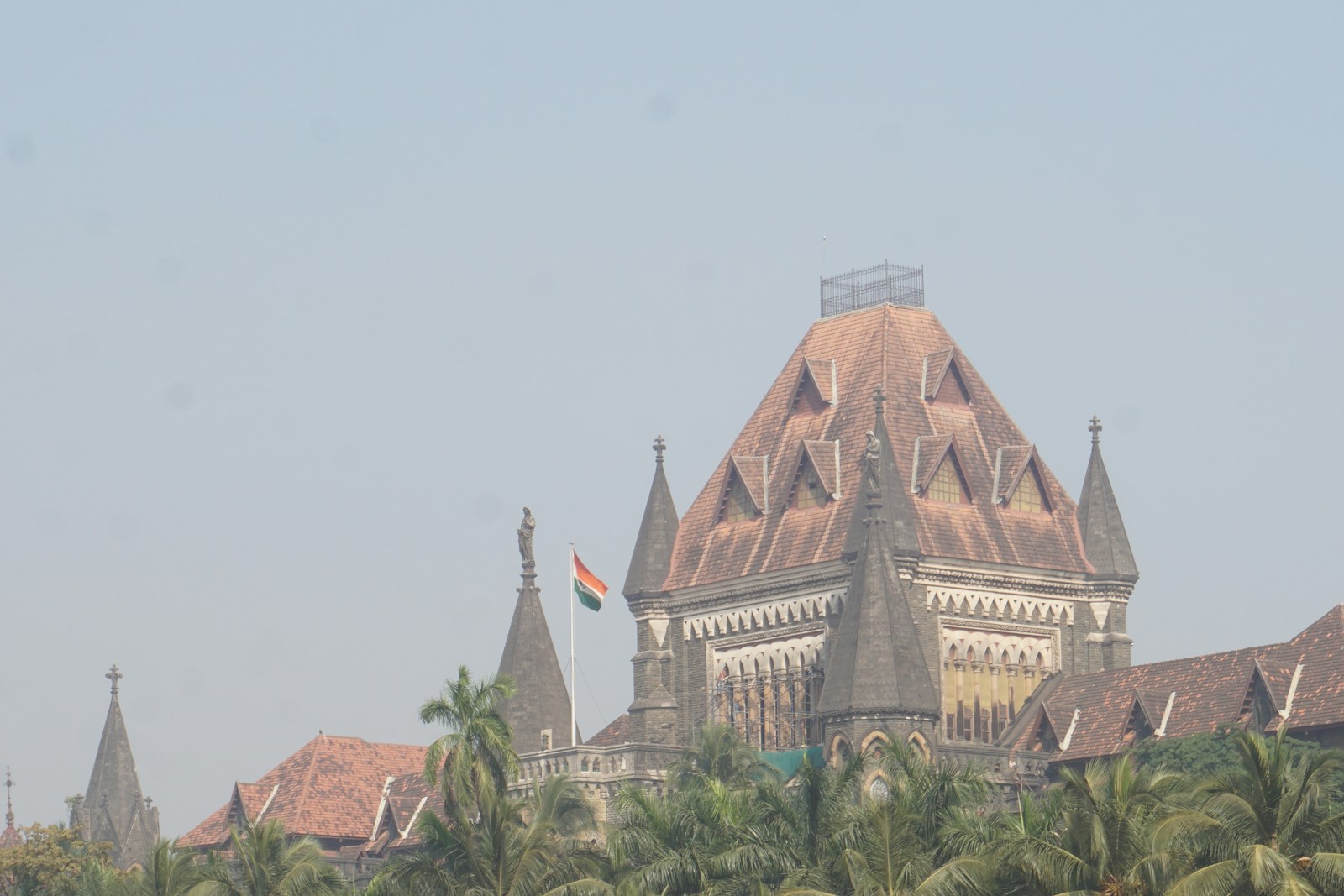Expanding the Horizons of Workplace Safety: Karnataka High Court’s Landmark Ruling on Gig Workers and the POSH Act

The Karnataka High Court, in its judgment dated September 30, 2024, in the matter of Ms. X v. Internal Complaints Committee, ANI Technologies Private Limited & Others, examined pivotal questions surrounding the applicability of the Prevention of Sexual Harassment at Workplace Act, 2013 (“POSH Act”) and the employer-employee relationship in the gig economy. The petitioner, dissatisfied with OLA’s handling of her grievance, first filed a criminal complaint and subsequently raised a complaint under Section 9 of the POSH Act through email. However, the email bounced back on OLA’s contention that its sexual harassment policy excluded non-employees, and its ICC lacked jurisdiction over such complaints. Additionally, OLA argued that the aggressor was an impersonator not registered as a driver with the company. The petitioner then sought relief by filing a writ petition under Article 226 of the Constitution.
Table of Contents
Maintainability of the Writ Petition
ANI Technologies contended that the writ petition was not maintainable as it is a private limited company registered under the Companies Act, 2013, and not an instrumentality of the state. The company argued that it neither engaged in public service nor had statutory obligations that would render it amenable to writ jurisdiction. The Court, however, disagreed. It clarified that Article 226 permits writs against private entities performing public duties. Referring to the Aggregator Rules, 2016, the Court highlighted OLA’s statutory obligation to ensure passenger safety and provide mechanisms for addressing complaints.
The Court further emphasized OLA’s significant public function, noting its service to over 125 million users nationwide. Given the public reliance on its platform, the Court held that OLA is obligated to provide a secure environment for passengers. It concluded that OLA’s operations imbue it with a public law character, making the petition maintainable.
Drivers: Employees or Independent Contractors?
OLA argued that its driver-subscribers are independent contractors and therefore not subject to the POSH Act. Citing its subscription agreement, the company claimed that drivers were free to work with competitors and had no exclusive arrangement with OLA.
The Court analyzed the definitions of “employee” and “employer” under Sections 2(g) and 2(f) of the POSH Act, respectively. It concluded that OLA’s drivers provide services integral to the company’s operations and thus qualify as employees under the POSH Act. The Court emphasized that control exercised by OLA—including route assignments, driver conduct, and revenue collection—negated the claim of drivers being independent contractors. The subscription agreement’s terms reinforced OLA’s control over its drivers, further substantiating the employer-employee relationship.
The judgment also clarified that interpreting drivers as independent contractors would defeat the object and purpose of the POSH Act, effectively excluding a large workforce from its protections. The Court relied on international precedents to support its conclusion that workers under significant company control qualify as employees, even in non-traditional arrangements.
Violation of Aggregator Rules, 2016
The Karnataka On-Demand Transportation Technology Aggregators Rules, 2016, impose obligations on aggregators to ensure passenger safety and proper incident reporting. The Court noted that OLA failed to comply with Section 10(3) of the Rules, which requires informing the Karnataka State Transport Authority about complaints. OLA’s defense that the aggressor was an impersonator and not a registered driver did not hold.
The Court observed that incidents of “driver-swapping” indicate systemic lapses in OLA’s safety protocols. It criticized OLA for failing to implement measures to prevent such occurrences and attempting to use them as an excuse to evade responsibility. The Court determined that the impersonator-driver, operating a vehicle registered to OLA’s subsidiary, was effectively an employee, reinforcing the need for OLA’s ICC to investigate the complaint under the POSH Act.
Conclusion and Implications
The Court directed OLA’s ICC to investigate the complaint in accordance with Section 11 of the POSH Act. It awarded the petitioner Rs. 5,00,000 in compensation and Rs. 50,000 in litigation costs.
This judgment is a progressive step in applying social welfare laws to the gig economy, recognizing the evolving nature of work relationships. By extending the definition of “employee” under the POSH Act to include gig workers, the Court has ensured that platforms like OLA cannot evade accountability for workplace safety.
The ruling underscores the need for legislative clarity regarding the rights and obligations of gig workers. While the Social Security Code, 2020, seeks to address such issues, its implementation remains pending. This case highlights the gaps in the legal framework and the necessity for comprehensive regulations to protect informal workers.
This ruling, currently under appeal before a division bench, may influence future legislation and judicial interpretations of employer obligations, gig work, and social welfare protections. It serves as a reminder that businesses operating in the gig economy must prioritize safety and accountability, aligning their operations with both statutory and moral obligations.
King Stubb & Kasiva,
Advocates & Attorneys
New Delhi | Mumbai | Bangalore | Chennai | Hyderabad | Mangalore | Pune | Kochi
Tel: +91 11 41032969 | Email: info@ksandk.com
By entering the email address you agree to our Privacy Policy.